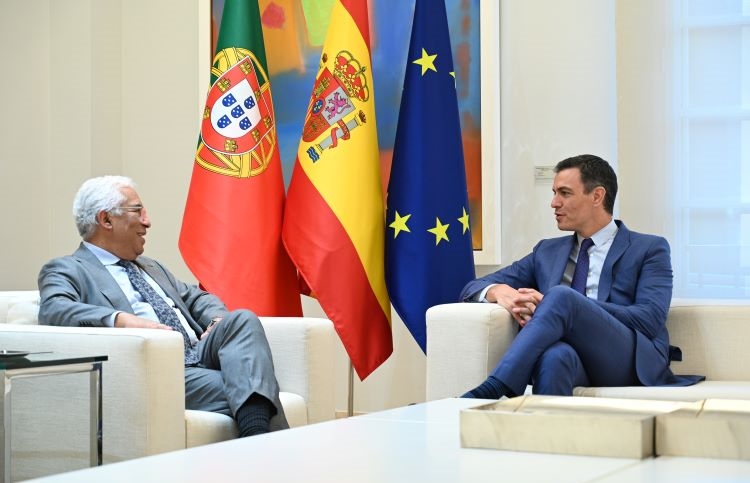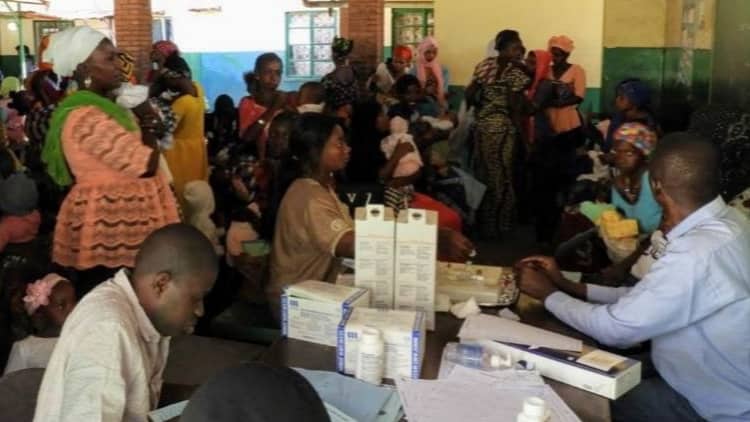The Diplomat
The President of the Government, Pedro Sánchez, and the Prime Minister of Portugal, António Costa, discussed yesterday in Madrid the issues to be discussed at the next Extraordinary European Council on May 30 and 31, including energy interconnections.
Sánchez received Costa yesterday at La Moncloa in the first bilateral meeting between the two leaders since the constitution of the new Portuguese government. During the meeting, according to the Presidency of the Government, both agreed on the importance of unity among European countries in the face of the Russian invasion of Ukraine. Likewise, Sánchez and Costa addressed bilateral relations, “which transcend the classic framework, given the breadth and depth of the common agenda”, and analyzed the topics on the agenda of the European Council: Ukraine and sanctions against Russia, defense and energy. “Interconnections are a priority in the European context, but we need a real political and financial commitment from the EU,” said Pedro Sanchez.
The meeting took place almost two weeks after the governments of Spain and Portugal simultaneously approved the “exceptional mechanism” authorized by the European Union for the two Iberian countries to adjust electricity prices in the wholesale market. In two extraordinary Councils of Ministers, the two Executives approved a ceiling of 40 euros per megawatt/hour on the price of gas used to produce electricity.
On March 25, the European Council approved the right of the two Iberian countries to manage their own reference gas prices for combined cycle power plants in order to reduce electricity costs. The “Iberian” solution had been proposed by Pedro Sánchez and António Costa after the impossibility of convincing the 27 EU states to fix the price of gas in order to contain electricity prices on the wholesale market, a proposal advocated by Spain, Portugal, Italy, Greece and Belgium and radically opposed by Germany and the Netherlands.
Madrid and Lisbon therefore chose to recall the “energy island” nature of the Iberian peninsula because of its very low interconnection with the European energy market – only 2.8% between Spain and France – in order to convince the other partners that any intervention by the two Iberian countries in their own prices should not affect the overall functioning of the European market. On April 26, Spain and Portugal reached an agreement with the European Commission to be able to set the initial reference price for gas at 40 euros (which would imply an average price of almost 50 euros over twelve months).
With regard to interconnections, the Spanish Foreign Minister, José Manuel Albares, and the Portuguese Foreign Minister, João Gomes Cravinho, declared on May 9 at the Palacio de Viana in Madrid that “the Iberian energy hub can be an alternative to energy dependence on Russia”, because, according to Albares, between the two countries “we have ten regasification plants, and that is more than half of Europe’s regasification capacity”.
However, the Spanish minister warned, “for this to happen, we must complete the interconnections, which are especially important for Spain and Portugal in all areas, be they transport or energy”. In the same sense, the Portuguese minister warned that “Portugal and Spain could be an energy alternative” to Russia, but for this it is necessary to “build infrastructures, mainly those that are pending between Spain and France”.







